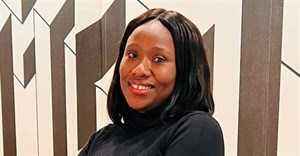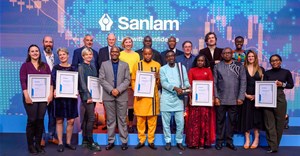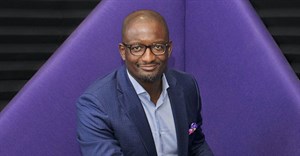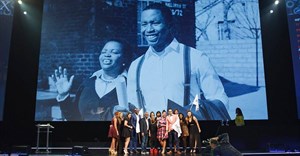#AfricaMonth
Subscribe & Follow
Trending
Elections 2024
Jobs
- Sales Executive White River
- Manager - Marketing and Commercial Cape Town
- Personal Assistant Johannesburg
- Head of Strategy Johannesburg
- Television Business Development Manager Johannesburg
- Social Media and Content Manager Johannesburg
- Junior Marketing and Events Manager Johannesburg
- Junior Digital Business Writer Roodepoort
- Sales and Support Representative Nelspruit
- Magazine Advertising Sales Executive Cape Town
White-owned media companies still call the shots - report
This situation is claimed to exist in spite of various interventions by the state through promotion of transformation processes and the Black Economic Empowerment (BEE).
“This research shows that the print media landscape in the post 1994 South Africa has not transformed much in terms of ownership and control,” the 150-page report, titled Trends of Ownership and Control of Media in South Africa and launched in Parktown, Johannesburg, said.
“This report serves as a baseline, which will assist the industry and interested parties in researching what changes take place in the future,” MDDA CEO Lumko Mtimde said.
“The main objectives of the research were, among others, to take stock of the number of print and broadcast media in the country on a national, provincial and district municipality basis and to assess the extent to which the previously disadvantaged communities are taking ownership and control,” Mtimde added.
SABC dominates radio waves, TV
The MDDA commissioned Z-Coms to conduct the study, which culminated in the report. The study found that the SABC, with its 18 public radio stations, still dominates the radio industry, accounting for 41.6% of the total audiences in the country. The report also said that there are currently 126 community radio stations in SA, of which 87 stations are on-air, according to figures taken from the Independent Communications Authority of South Africa (ICASA).
Community radio accounts for 4.6% of total radio audience, the report said, citing AMPS data.
Others findings include the current number of TV households in SA (11.1 million), with the government-controlled SABC accounting for 69.3% of total viewership thanks to its three public terrestrial channels, well ahead of e.tv - the only private-owned free-to-air station - which represents 22.3% of the viewing audience.
Another white-owned media company, MultiChoice, still ‘colonises' the pay-TV space through DStv, with its subscription currently standing at around 1.61 million and M-Net around 128 000, in the first quarter of 2009.
White ownership to fuel ‘heated debate'?
Furthermore, the report said there are currently three licensed community TV stations operating in SA, namely the popular Soweto TV (Johannesburg-Gauteng), Cape Town TV and Trinity Broadcasting Network (TBN) in the Eastern Cape.
Other community TV stations, Bay TV (Empangeni and Richards Bay in Kwazulu-Natal) and Tshwane TV (Pretoria area) are licensed but are not on-air yet.
While the shocking findings into the ownership and control of media by the ‘Big Four' will likely steer a heated and frustrating debate in the corridors of Luthuli House (headquarters of ruling ANC), many observers will nevertheless take a swipe at the ANC-led government for ‘not doing enough' to enhance the diversity and development of media in SA due to its ‘mediocre' funding of community media.
The government-owned MDDA continues to struggle to fulfil its ‘heavy' mandate, due to lack of adequate funding. In the current financial year, the MDDA could only manage to fund 239 media projects and award bursaries worth R77 million, according to board chairperson Gugu Msibi - well short of its target of R150 million worth of applications it receives every year.
Visit www.mdda.org.za to get the full report.




















